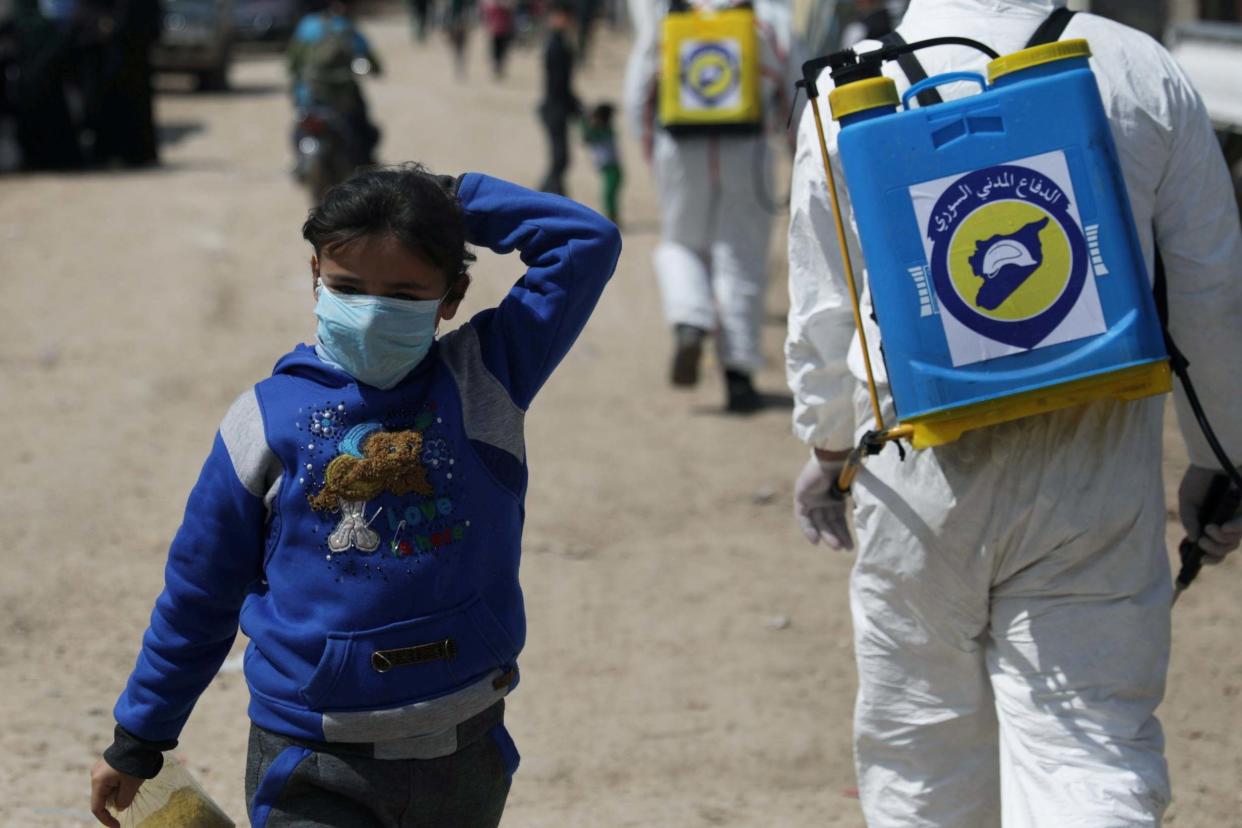The world’s poorest deserve urgent protection

More countries are recording cases of coronavirus; Syria announced its first case last week, and it’s already present in several African states. This is without doubt a global crisis, but it’s one in which the poorest will fare the worst. Although it might not feel that way, in the UK we are privileged: the measures we know can help prevent the spread — handwashing hygiene, social distancing, self-isolation — simply aren’t available for many millions living in close proximity, and in large family groups, in places where there is extreme poverty and war. Sierra Leone has one ventilator for the whole country.
We are all anxious, but our Government can offer us a degree of protection, medically and financially. For those caught in conflict and crisis, where the infrastructure simply does not exist, the situation is all the graver. Working for the International Rescue Committee, I’m used to going to troublespots, so it’s strange leading this response from afar in London. But the reality is dawning that traditional responses to this will be severely hampered.
The medics who usually volunteer to respond to crises abroad will not be spared from service at home; equipment and supplies so badly needed by poorer nations are in short supply in rich ones. Even if they were available, travel restrictions would prevent entry.
The costly measures imposed by China, Italy, the UK and others — lockdown, testing, monitoring, mobilising supplies — cannot be done in nations where economies and health services are weakest. There will be no scaling up of intensive care, no additional oxygen supplies. And, as we have seen in crises such as ebola, as health systems become overwhelmed, other areas are affected, including emergency obstetric care.
Handwashing and social distancing simply aren’t available for many millions living in poverty and war
In the humanitarian sector we are fast learning we need to break the mould of traditional responses. Instead of sending experts in we must focus on building the capacity of our country teams, supporting them remotely. Global agencies need to join forces to devise a mitigation strategy. Donors must support vulnerable nations by releasing funding for immediate action and preparedness, as the UK Government has. Those of us who can donate, should; this virus is moving quickly and we have a rapidly narrowing window.
Nothing about this pandemic is “normal”. We are in unprecedented times, but in such times we have a duty to support each other.
Dr Stacey Mearns, a former NHS doctor, is coronavirus technical lead for the International Rescue Committee

 Yahoo News
Yahoo News 
